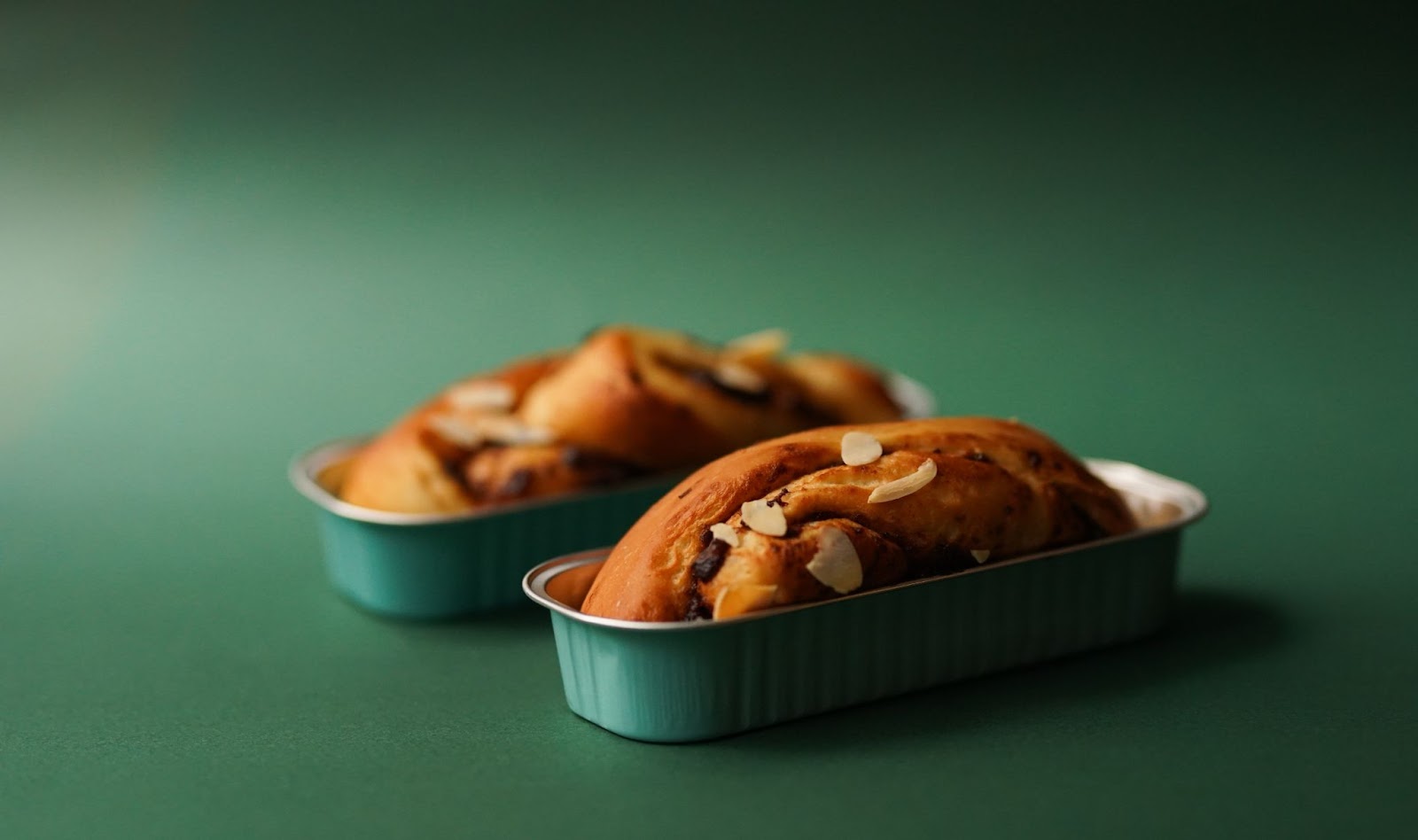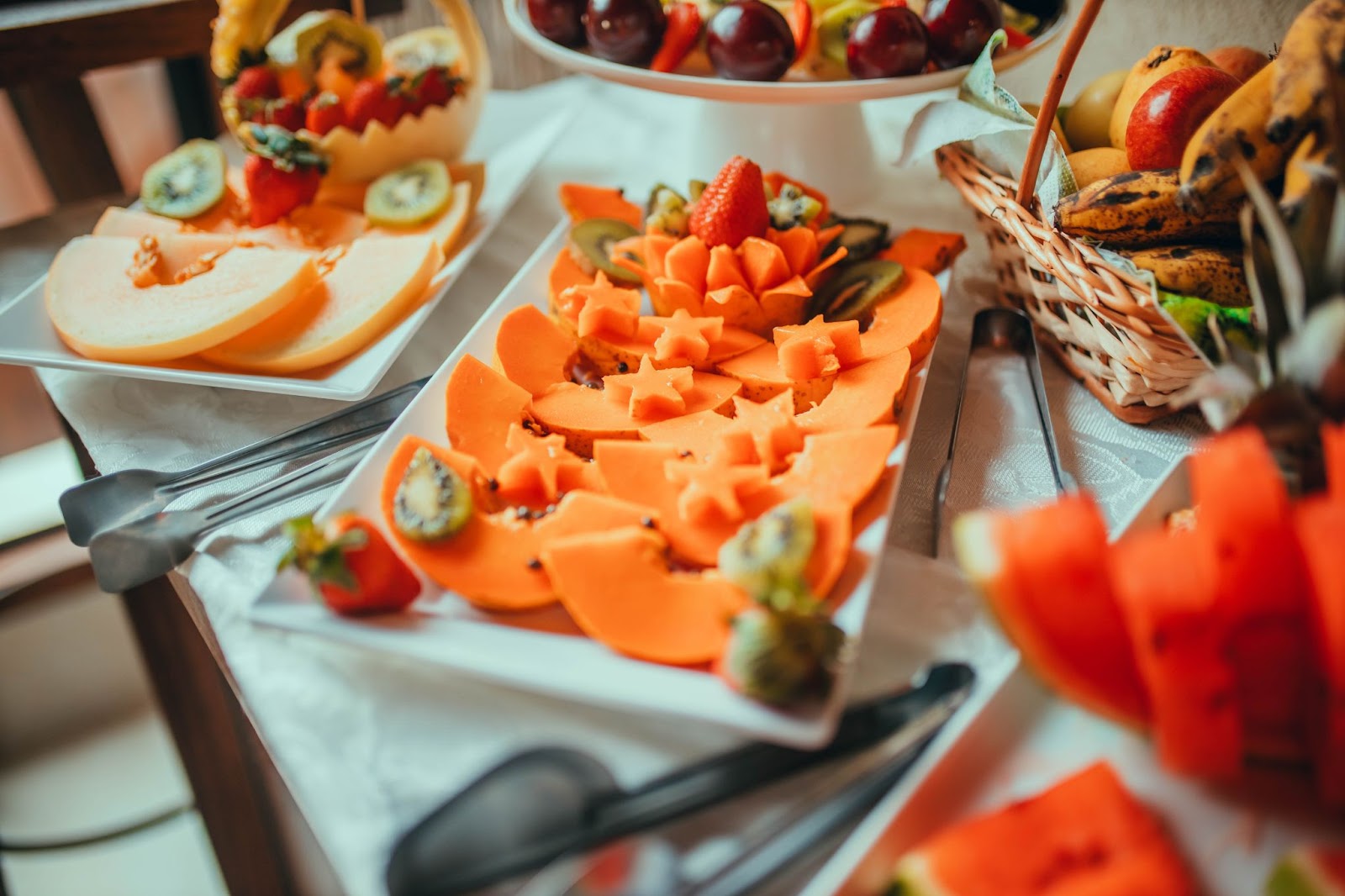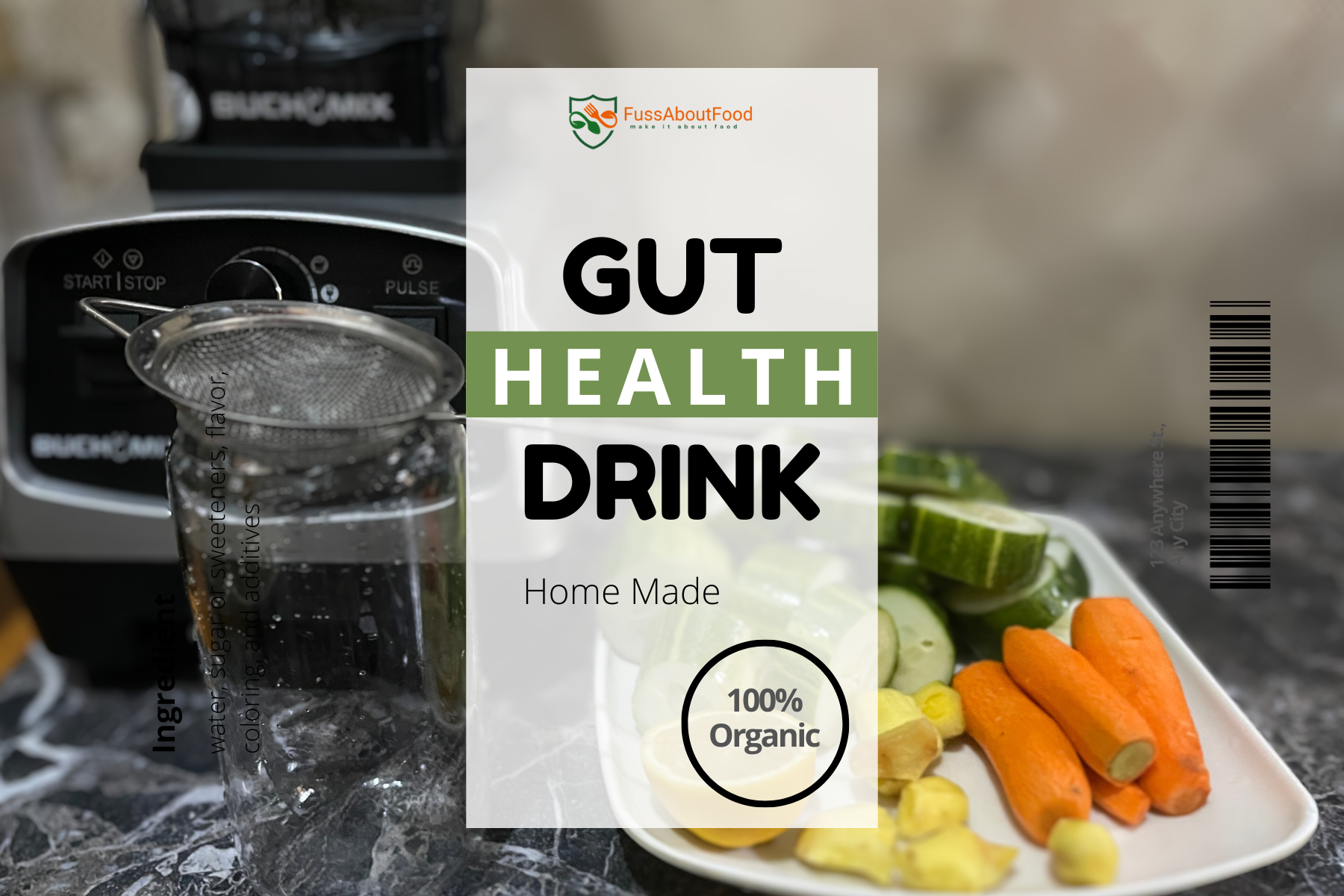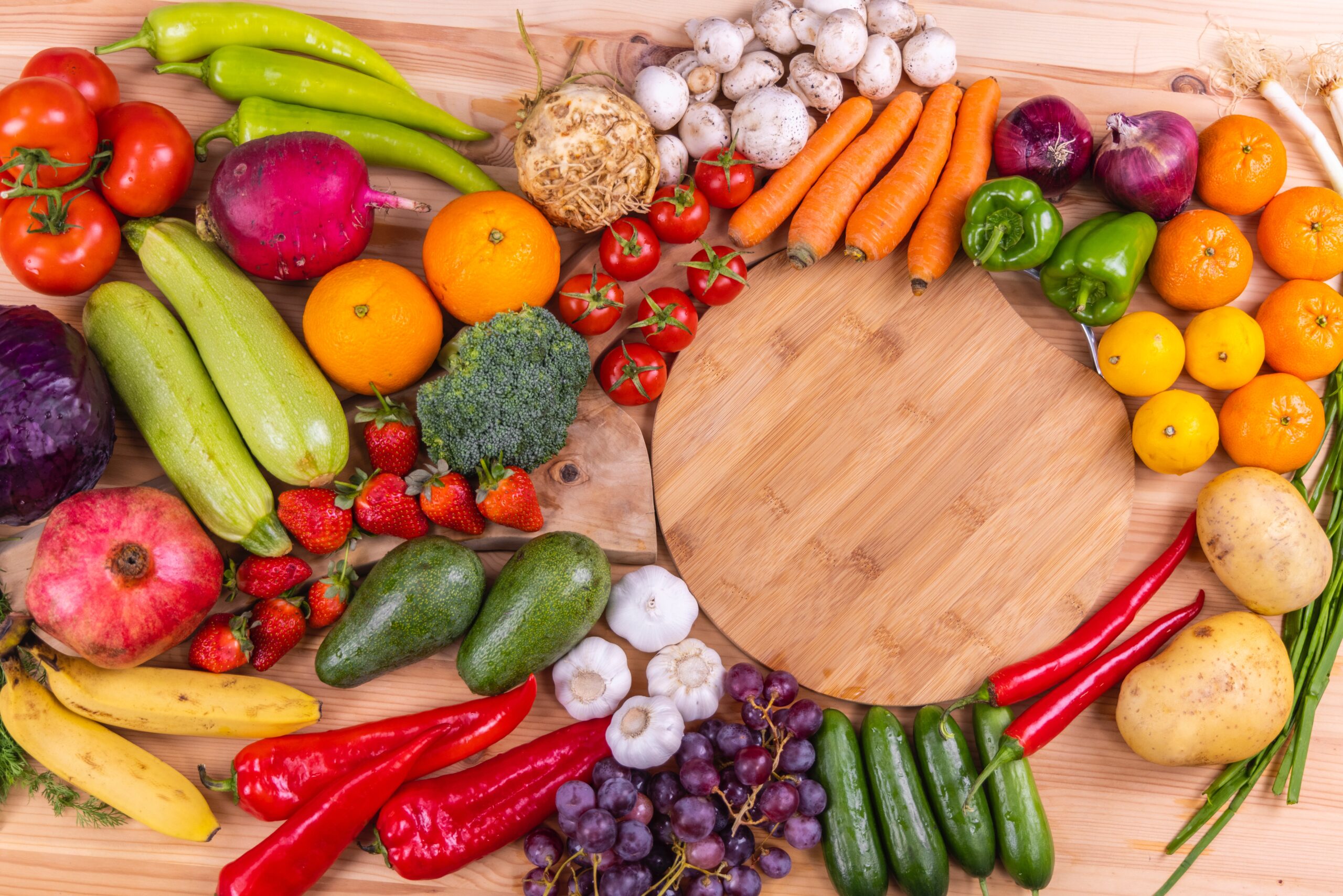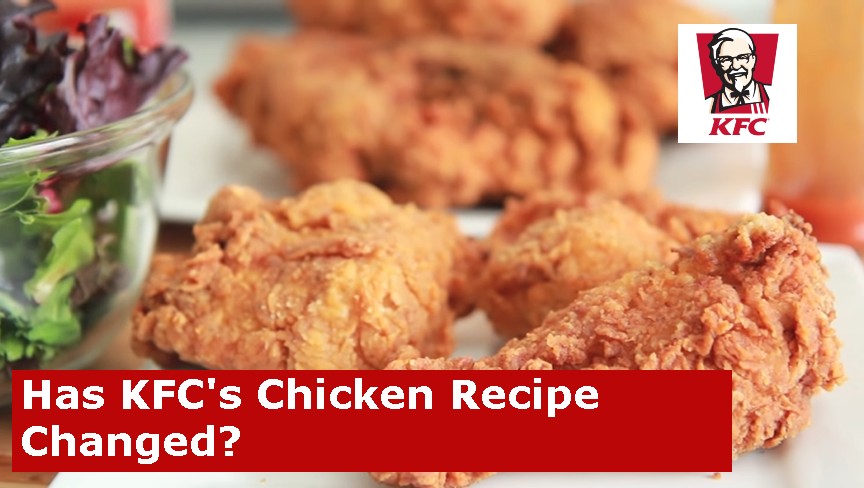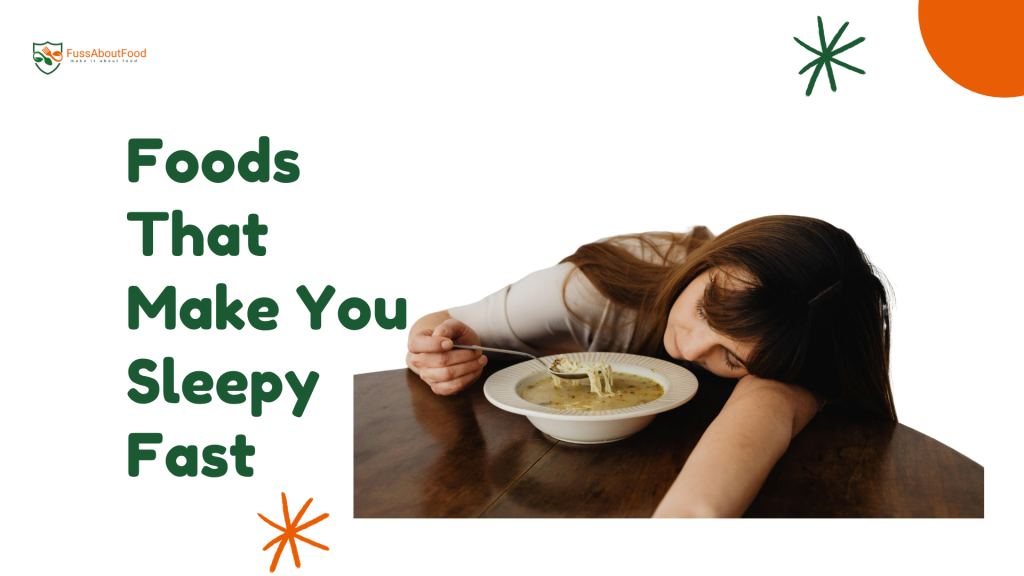
Many people find falling asleep challenging. The quest for a good night’s rest often leads us to explore various remedies, including what we eat and drink before bed. Is there truth to the old idea of drinking warm milk for better sleep, or is it just a myth?
Foods and drinks can help you fall asleep faster. These include nuts, kiwi, cherries, and certain types of fish. They contain nutrients that boost melatonin production, a hormone that regulates sleep. Other foods like white rice may also make you sleepy due to their effect on blood sugar levels.
Timing matters too. Eating the right foods about 2-4 hours before bedtime can set the stage for a restful night. But it’s not just about what you eat – it’s also about what you avoid. Steering clear of caffeine, alcohol, and heavy meals close to bedtime can improve your chances of drifting off to dreamland more easily.
Table of Contents
Key Takeaways
- Certain foods can promote sleep by boosting melatonin production in the body
- Eating sleep-friendly foods 2-4 hours before bed may help improve sleep quality
- Avoiding caffeine, alcohol, and heavy meals before bedtime can lead to better sleep
Foods that make you sleepy fast
Certain foods can help promote sleepiness due to their nutritional content. These foods contain compounds that may boost melatonin or other sleep-related hormones in the body.
Almonds and Nuts
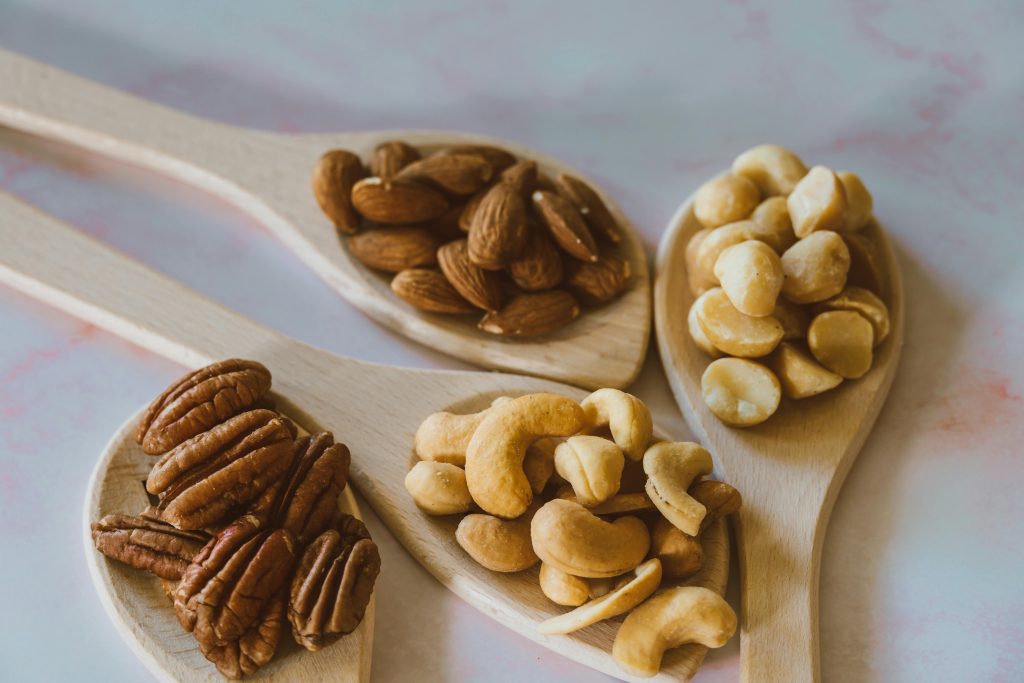
Almonds and other nuts are rich in magnesium, a mineral that plays a key role in sleep regulation. Magnesium helps relax muscles and can reduce stress hormones.
Walnuts are especially beneficial, as they contain tryptophan, an amino acid that helps produce serotonin and melatonin. These hormones help regulate sleep cycles.
A small handful of nuts before bed may improve sleep quality. Try adding nuts to a light evening snack or sprinkling them on yogurt.
Turkey and Poultry
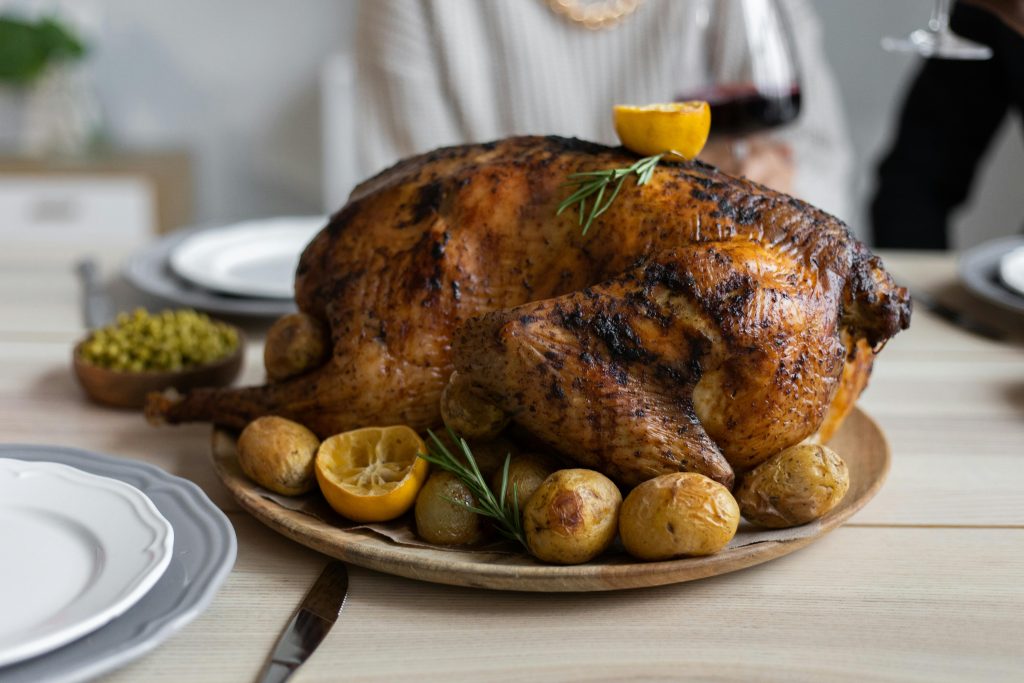
Turkey is famous for its sleep-inducing effects, often blamed for post-Thanksgiving naps. This is due to its high tryptophan content.
Tryptophan is an essential amino acid that the body uses to make serotonin and melatonin. These hormones help regulate sleep-wake cycles.
Other poultry like chicken also contains tryptophan, though in smaller amounts than turkey. A small serving of turkey or chicken a few hours before bed may help promote sleepiness.
Dairy Products
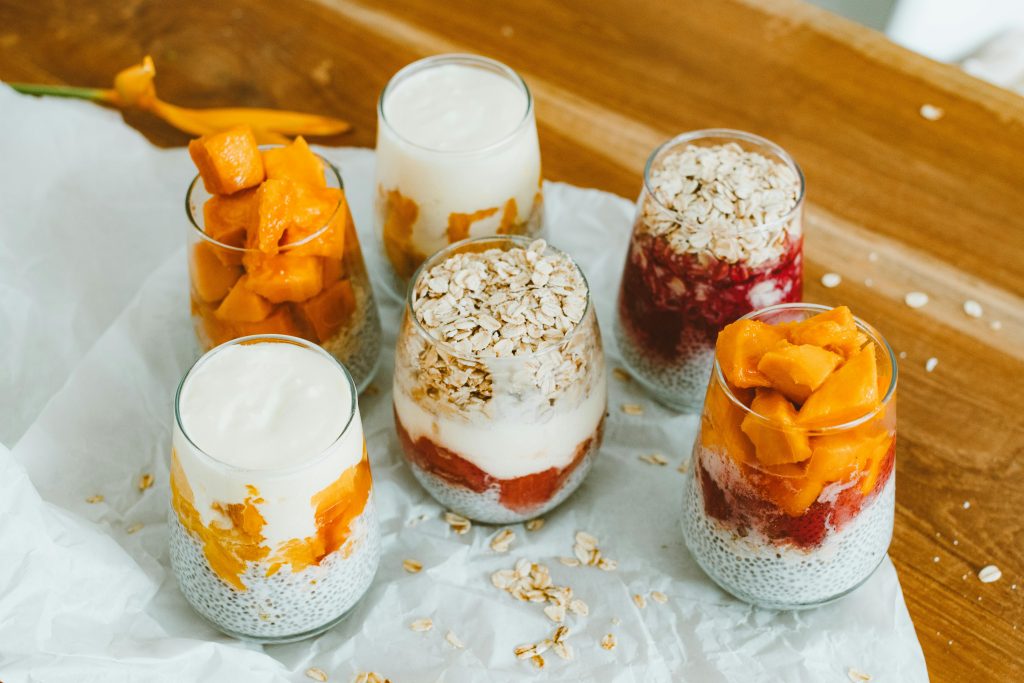
Milk and other dairy products are often recommended as bedtime snacks. They contain tryptophan and calcium, both of which can promote sleep.
Calcium helps the brain use tryptophan to produce melatonin. This may explain why warm milk is a popular sleep aid.
Yogurt, cheese, and kefir are also good dairy options. They provide protein and probiotics, which may improve sleep quality by reducing stress and anxiety.
Cherries and Fruits
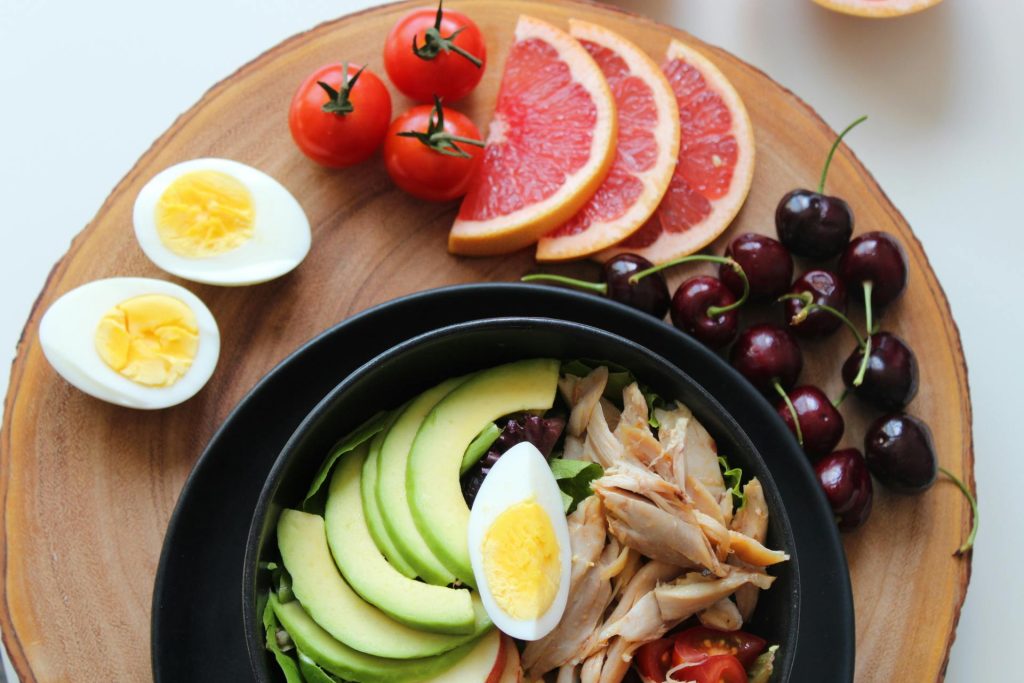
Tart cherries are one of the few natural sources of melatonin, the sleep hormone. Studies show that drinking tart cherry juice can increase melatonin levels and improve sleep quality.
Other fruits like kiwis and bananas may also help. Kiwis are high in serotonin, while bananas contain magnesium and potassium, which relax muscles.
A small serving of these fruits as an evening snack might help promote sleepiness. Try adding them to yogurt or oatmeal for a sleep-friendly bedtime snack.
Fatty Fish
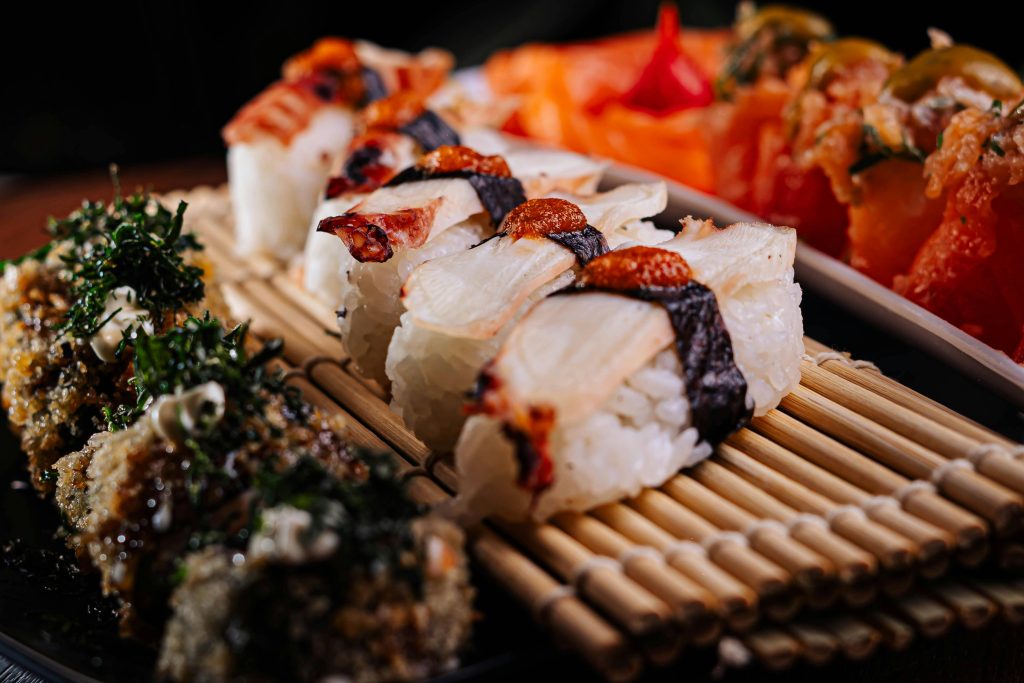
Fatty fish like salmon, tuna, and mackerel are high in vitamin D and omega-3 fatty acids. These nutrients may increase production of serotonin, a precursor to melatonin.
A study found that men who ate Atlantic salmon three times a week for six months fell asleep faster and reported better sleep quality.
Fish also provides a good source of protein, which can help stabilize blood sugar levels during the night. This may prevent middle-of-the-night awakenings due to low blood sugar.
Herbal Teas and Beverages for Better Sleep
Some drinks can help you fall asleep faster. They contain natural ingredients that make you feel calm and sleepy.
Chamomile Tea
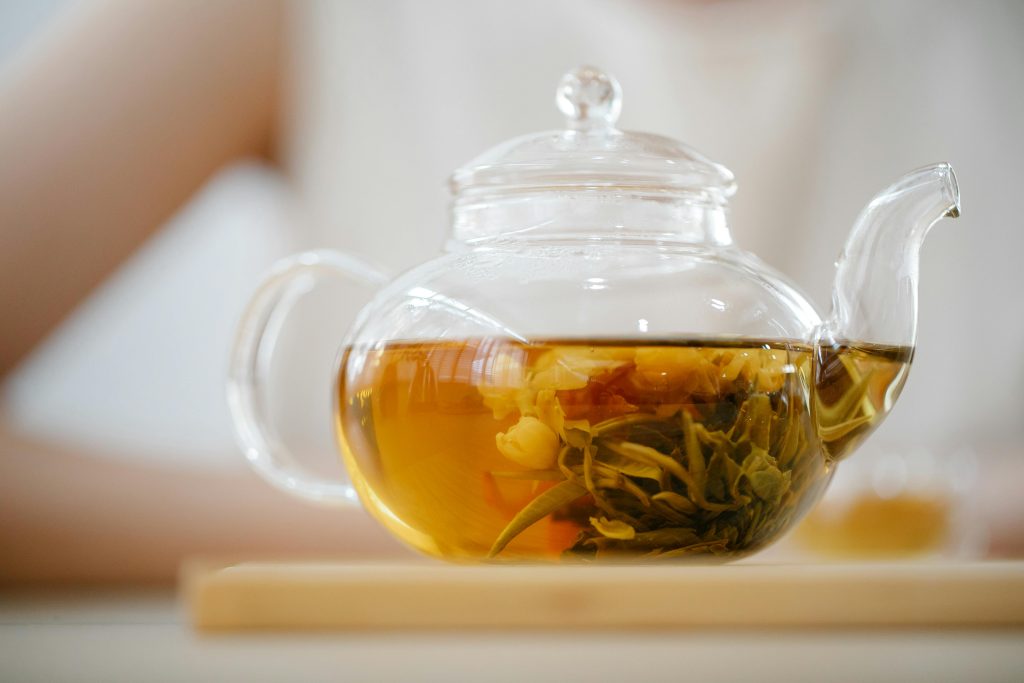
Chamomile tea is a popular choice for bedtime. It has a mild, sweet flavor and no caffeine. This tea contains apigenin, a substance that helps you relax.
Drinking chamomile tea before bed can make you feel less anxious. It may also help you sleep longer and wake up feeling more rested.
To make chamomile tea, steep a tea bag or dried flowers in hot water for 5 minutes. Add honey if you like it sweeter.
Valerian Root Tea
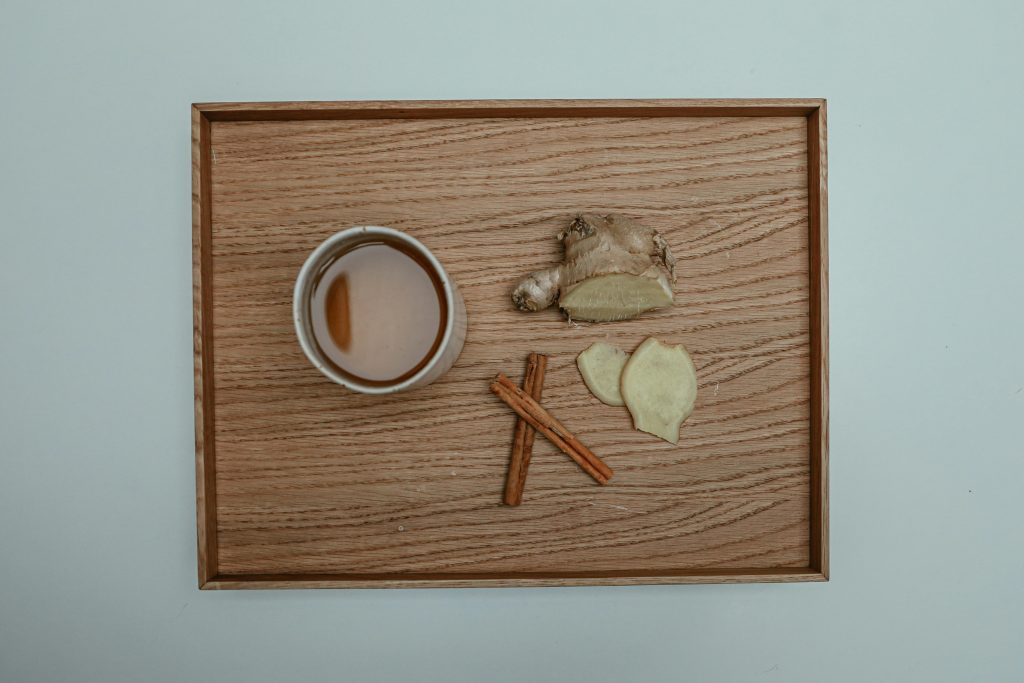
Valerian root tea is known for its strong sleep-promoting effects. It has been used for centuries to help with sleep problems.
This tea can make you fall asleep faster and improve sleep quality. It works by increasing levels of a brain chemical called GABA, which helps you relax.
Valerian root tea has a strong, earthy taste. Some people mix it with other herbs to improve the flavor. Drink it about an hour before bedtime for the best results.
Warm Milk
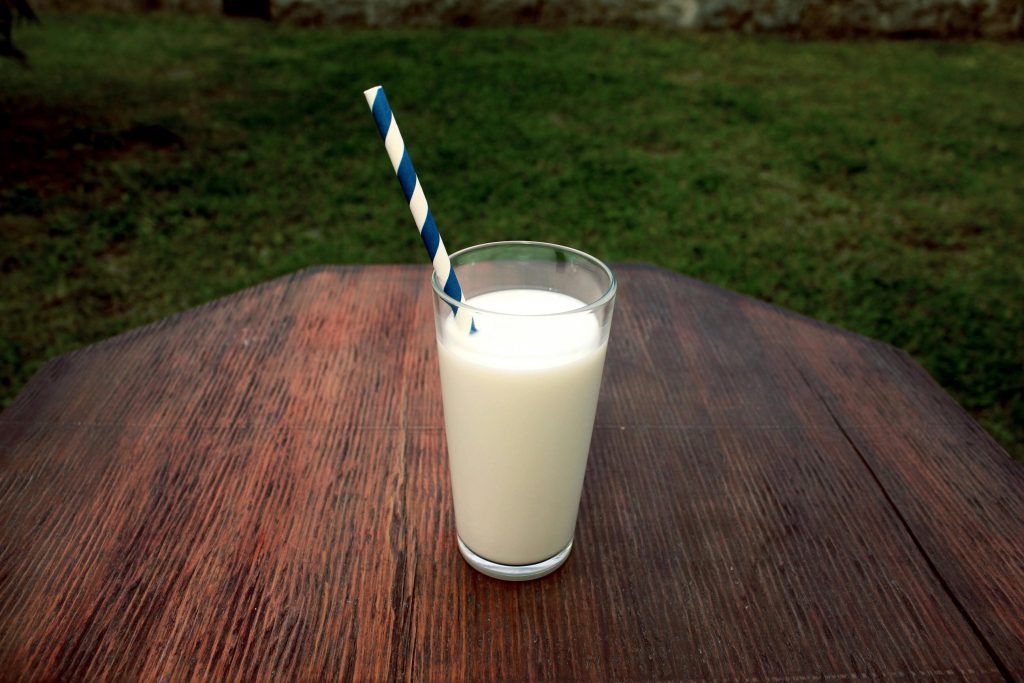
Warm milk is a classic bedtime drink. It contains tryptophan, an amino acid that helps make serotonin. Serotonin is a brain chemical that helps you feel calm and sleepy.
The warmth of the milk can also be soothing. It may remind you of comfort and safety from childhood, helping you relax.
For extra sleepiness, add a pinch of nutmeg or cinnamon to your warm milk. These spices have natural sleep-promoting properties. You can also try non-dairy milk options if you prefer.
The Influence of Meal Timing
When we eat can affect our sleep as much as what we eat. Meal timing plays a key role in our sleep patterns and quality.
Dinner Time and Sleep Quality
Eating dinner too late can disrupt sleep. A heavy meal close to bedtime may cause indigestion and discomfort. This can make it hard to fall asleep or stay asleep through the night.
Experts suggest eating dinner at least 3 hours before bed. This gives the body time to digest food properly. Earlier dinners may also help regulate hunger hormones like ghrelin.
Some studies show that eating earlier in the day is better for sleep. People who have their main meal before 3 PM often sleep better than those who eat later.
Snacking Before Bedtime
A light snack before bed can be okay for some people. But it’s important to choose the right foods. Heavy, spicy, or fatty foods may cause trouble sleeping.
Good bedtime snacks include:
- A small banana
- A few nuts
- Some plain yogurt
- A piece of whole grain toast
Also Read about Do bananas help you sleep?
These foods contain nutrients that may help promote sleep. Tryptophan, magnesium, and complex carbs can all support better rest.
It’s best to keep snacks small – about 150-200 calories. Eating too much right before bed can lead to discomfort and interrupted sleep.
Combining Foods for Optimal Sleep
Certain food pairings can boost sleep-promoting effects. The right combinations provide key nutrients that work together to enhance relaxation and sleep quality.
Balanced Meals for Sleep
A mix of complex carbs and lean protein makes an ideal pre-bed snack. Whole grain toast with turkey or a small bowl of oatmeal with milk can help you drift off faster.
Tryptophan-rich foods like eggs or tofu pair well with carbs. The carbs help tryptophan cross the blood-brain barrier more easily. This combo increases serotonin production, leading to better sleep.
Magnesium and calcium work together to calm nerves and muscles. Try a banana with yogurt or almonds with kiwi for this sleep-friendly duo.
Avoiding Detrimental Food Combinations
Some food pairings can disrupt sleep patterns. Spicy foods with fatty meats may cause indigestion and acid reflux, making it hard to fall asleep.
Caffeine and sugar are a bad mix before bed. They can lead to restlessness and difficulty staying asleep. Avoid coffee with dessert in the evening.
High-protein meals without carbs may keep you awake. Protein can boost alertness, while carbs have a calming effect. Balance is key for better sleep.
Alcohol with heavy meals can worsen sleep quality. This combo may cause discomfort and frequent wake-ups during the night.
Potential Risks and Considerations
Eating certain foods to promote sleep can be helpful, but there are some important factors to keep in mind. Safety and individual health needs should always come first when using food as a sleep aid.
Allergies and Intolerances
Some sleep-promoting foods may trigger allergic reactions or intolerances in certain people. Common allergens like dairy, nuts, and wheat are found in many foods recommended for better sleep.
Milk and yogurt contain lactose, which can cause issues for those with lactose intolerance. Almonds and other nuts may lead to severe reactions in people with nut allergies.
Gluten in oats or whole grain breads could be problematic for those with celiac disease or gluten sensitivity. It’s crucial to be aware of any food allergies or sensitivities before trying new foods for sleep.
Interactions with Medications
Sleep-inducing foods may interact with certain medications. This can change how the drugs work or cause unwanted side effects.
Bananas, leafy greens, and other foods high in potassium might interfere with blood pressure medications or diuretics. Tryptophan-rich foods like turkey or milk could interact with antidepressants.
Some herbal teas used for sleep can affect blood thinners or sedatives. Always check with a doctor or pharmacist about potential food-drug interactions, especially when taking prescription medications.
Long-Term Reliance on Foods for Sleep
Using food as the main strategy for better sleep may not be ideal in the long run. It could mask underlying sleep issues that need medical attention.
Eating too close to bedtime, even if it’s sleep-promoting food, may lead to acid reflux or indigestion. This can actually disrupt sleep instead of improving it.
Relying on specific foods might also create an unhealthy psychological dependence. It’s better to develop good sleep habits and address any sleep disorders with a healthcare provider.
Also there are natural Nootropic supplements that can help with sleep too but always consult your doctor.

